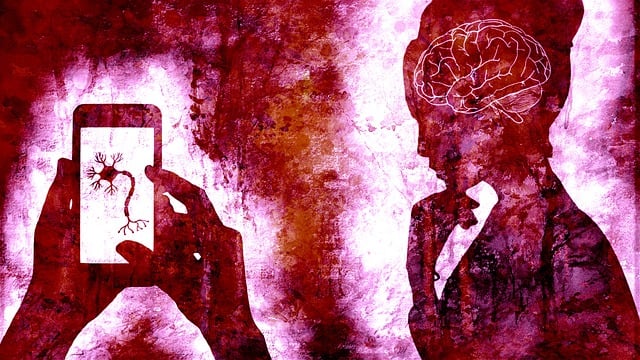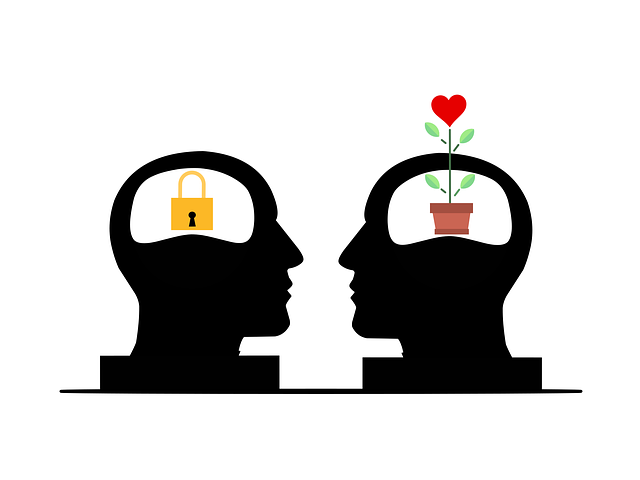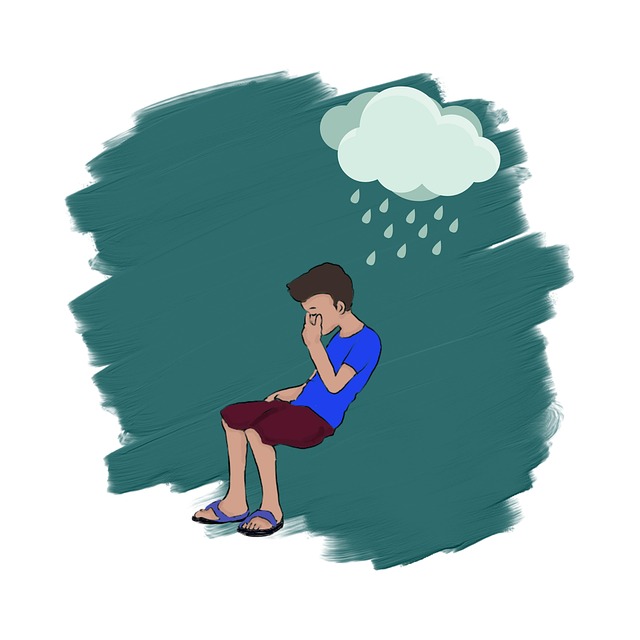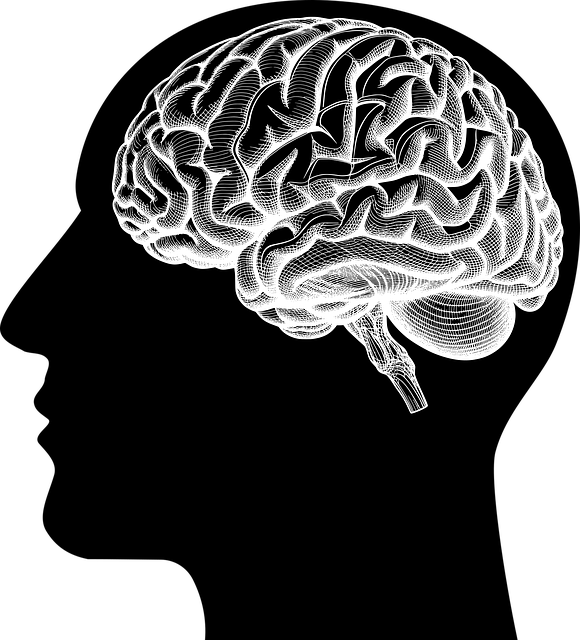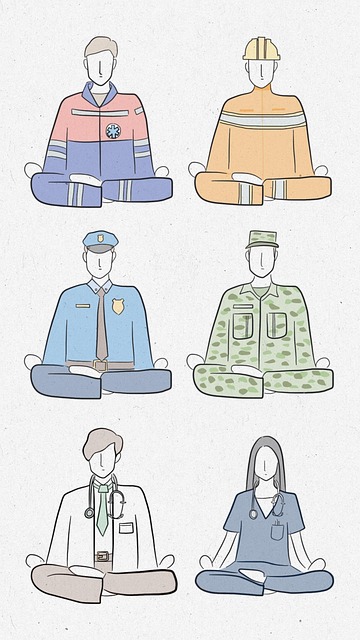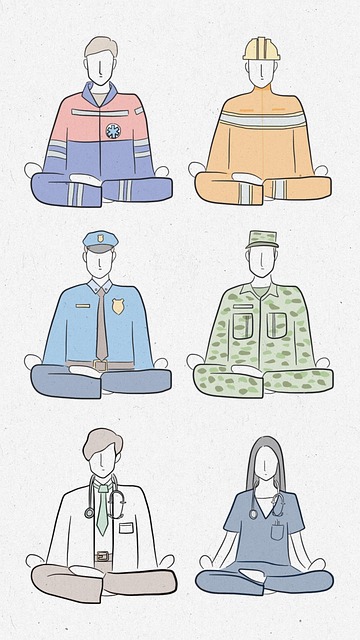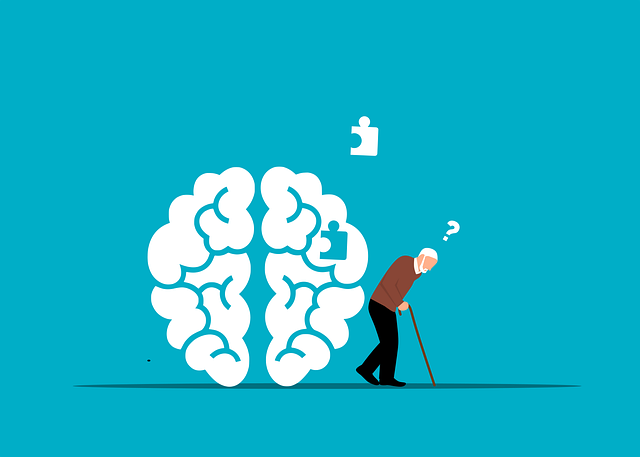Mental illness stigma, fueled by misconceptions and fear, isolates individuals and hinders access to resources. Littleton Dialectical Behavioral Therapy (DBT) offers coping skills, self-acceptance, and community support to combat these issues. Through group therapy, mindfulness practices, and crisis intervention, DBT participants challenge stereotypes, reduce shame, and promote open mental health management. Community engagement initiatives, including workshops and awareness campaigns, foster understanding and empathy, driving a cultural shift towards tailored mental healthcare and acceptance for all.
Mental illness stigma remains a significant barrier to recovery, yet reduction efforts are gaining momentum. This article delves into the multifaceted aspects of addressing this pervasive issue. We explore the causes and profound impact of mental illness stigma, highlighting its role in isolating individuals from much-needed support. With a focus on evidence-based practices, we discuss the effectiveness of Littleton Dialectical Behavioral Therapy (DBT) in fostering understanding and reducing stigma. Additionally, community engagement strategies are presented as powerful tools for sustainable change. Real-world examples illustrate how these approaches, when implemented collaboratively, can lead to positive transformations, such as those witnessed in Littleton DBT’s impactful work.
- Understanding Mental Illness Stigma: Causes and Impact
- The Role of Dialectical Behavioral Therapy (DBT) in Stigma Reduction
- Community Engagement: Strategies for Effective Stigma Elimination
- Success Stories: How Littleton DBT is Making a Difference
Understanding Mental Illness Stigma: Causes and Impact

Mental illness stigma is a pervasive issue that has far-reaching effects on individuals and communities alike. It often arises from misconceptions and fear, leading to discrimination and social isolation. Stigma can manifest in various ways, such as through derogatory language, avoidance of those experiencing mental illness, and limited access to resources and opportunities. In many cases, this stigma prevents people from seeking help, hindering their ability to manage their conditions effectively.
The causes of mental illness stigma are multifaceted. It can stem from a lack of understanding or awareness about specific disorders, as well as historical and cultural factors that have contributed to the marginalization of individuals with mental health challenges. The impact is profound: those affected may experience increased anxiety, depression, and even physical health issues due to the stress of stigma. Moreover, it can impede their social, academic, and professional progress, negatively influencing their overall quality of life. Littleton Dialectical Behavioral Therapy (DBT), among other therapeutic approaches, plays a crucial role in combating this stigma by providing individuals with coping skills development and conflict resolution techniques that promote self-acceptance and resilience. Additionally, Mental Health Policy Analysis and Advocacy efforts can contribute to reducing stigma at the societal level by challenging negative narratives and advocating for policies that support mental well-being.
The Role of Dialectical Behavioral Therapy (DBT) in Stigma Reduction

Dialectical Behavioral Therapy (DBT) plays a significant role in stigma reduction efforts for mental illness. This evidence-based approach, originally designed to treat borderline personality disorder, has expanded its reach to address various forms of psychological distress and substance abuse disorders. By integrating compassion cultivation practices, crisis intervention guidance, and conflict resolution techniques, DBT offers individuals valuable tools to navigate challenging emotions and build coping strategies that enhance resilience.
In the context of mental illness stigma, DBT fosters a culture of understanding and acceptance in Littleton and surrounding areas where it is offered. Through group therapy sessions and individual counseling, participants learn to challenge societal stereotypes and personal beliefs contributing to stigma. By practicing mindfulness and developing healthier emotional responses, individuals gain confidence in managing their mental health openly, reducing the likelihood of internalized shame and external discrimination. This, in turn, contributes to a more supportive and inclusive community for those facing mental illness.
Community Engagement: Strategies for Effective Stigma Elimination

Community engagement plays a pivotal role in stigma reduction efforts for mental illness. Organizations like Littleton Dialectical Behavioral Therapy (DBT) are at the forefront, employing innovative strategies to foster understanding and empathy. They host community workshops, awareness campaigns, and open discussions to break down barriers and encourage open conversations about mental health. By engaging diverse groups, these initiatives promote cultural sensitivity in mental healthcare practice, ensuring that support is accessible and tailored to individual needs.
Effective stigma elimination requires a multifaceted approach. Encouraging self-care routine development for better mental health is another powerful strategy. DBT centers often offer resources and programs aimed at teaching individuals coping mechanisms, emotional healing processes, and resilience. These community-driven efforts not only reduce the societal shame associated with mental illness but also empower individuals to take charge of their well-being, fostering a supportive ecosystem where everyone feels valued and understood.
Success Stories: How Littleton DBT is Making a Difference

In the heart of Littleton, a pioneering program is reshaping lives and challenging the narrative around mental illness. The city’s Dialectical Behavioral Therapy (DBT) initiative has become a beacon of hope for many struggling with depression and mood disorders. This evidence-based approach offers participants specialized skills training in mindfulness, emotional regulation, distress tolerance, and interpersonal effectiveness. The success stories emerging from this program are profound, showcasing individuals who have learned to manage their mental wellness effectively through the guidance of experienced therapists.
Littleton DBT goes beyond traditional therapy by providing a supportive community focused on holistic healing. It encourages clients to keep a mental wellness journal, an effective tool for tracking moods and identifying triggers, fostering self-awareness, and empowering them in their journey towards recovery. This nurturing environment not only aids in depression prevention but also equips individuals with the resilience needed to navigate life’s challenges. The program’s impact extends beyond individual transformation; it contributes to a broader culture shift, where mental illness is met with understanding and compassion rather than stigma.
Mental illness stigma, a societal barrier that silences countless voices, can be effectively challenged through comprehensive approaches like dialectical behavioral therapy (DBT) and robust community engagement. As seen in Littleton’s successful implementation of DBT programs, these strategies foster understanding, empathy, and support for those struggling with mental health issues. By continuing to promote open dialogue and accessible treatment options, we can create a more inclusive society where individuals impacted by mental illness feel empowered to seek help without fear of stigma.

